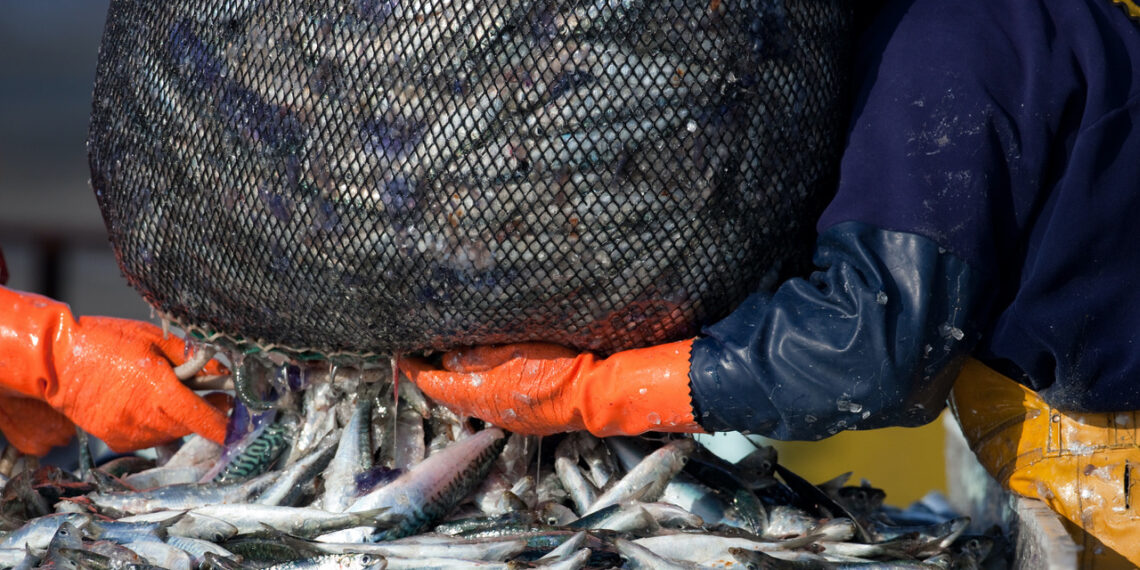As seafood demand rises, illegal fishing continues to devastate Africa’s oceans and coastal communities. On World Fisheries Day, 21 November 2025, conservationists say stronger regulations and consumer awareness are key to safeguarding ocean ecosystems and food security.
Fish remains a vital and affordable source of protein for millions of people, yet this growing demand comes at a cost. As legal fish stocks decline, illegal, unreported, and unregulated (IUU) fishing is becoming increasingly attractive to some operators, undermining both sustainable practices and national economies.
New data from the WWF Southern African Sustainable Seafood Initiative (WWF-SASSI) reveals that South Africans are consuming more seafood than ever before. Annual consumption has climbed from an estimated 325 000 tonnes in 2022 to 350 000 tonnes in 2024, while the number of seafood consumers has risen from 13.9 million in 2022 to 16.7 million in 2025.
According to the Food and Agriculture Organisation (FAO), IUU fishing accounts for about 20% – or one in five – of the world’s total catch. In Africa, particularly across West Africa and the Gulf of Guinea, the situation is even worse, with illegal fishing responsible for 30–40% of total catches, costing the continent more than US$9 billion every year in lost revenue, taxes, and licensing fees.
Related stories
- SA cracks down on rusty fishing boats risking lives
- Fish farming and aquaponics: Start your journey with expert tips
- Young farmer turns passion for fish into thriving business
- Sushi craze in Mzansi: Raw fish brings fresh flavours
A growing threat to oceans and communities
IUU fishing takes many forms:
- Illegal fishing occurs without permits, violating local and international laws.
- Unreported fishing evades monitoring and data collection, undermining sustainable management efforts.
- Unregulated fishing, meanwhile, happens in poorly governed areas, often involving vessels that operate without oversight or accountability.
📢 Stand Up, Be Seen, Be Counted
We want to provide you with the most valuable, relevant information possible. Please take a few minutes to complete this short, confidential survey about your farming practices and challenges. Your feedback helps us tailor our coverage to better support the future of agriculture across Mzansi.
These illicit practices not only drain national resources but also threaten the survival of small-scale fishers who rely on healthy fish stocks for their livelihoods. As overfishing reduces fish availability, coastal communities face mounting food insecurity and loss of income.
The ripple effects of overfishing stretch beyond human communities. In 2024, African penguins were officially classified as Critically Endangered on the IUCN Red List, primarily due to the depletion of sardine and anchovy stocks – their main food source.
In a landmark decision in March 2025, the High Court of South Africa ordered a 10-year fishing ban around six penguin breeding colonies near Cape Town to help replenish fish stocks and restore balance to the marine ecosystem. Conservationists have hailed the ruling as a lifeline for the species and a critical step toward sustainable fisheries management.

Turning the tide through awareness and accountability
Consumers and retailers are also playing a growing role in promoting ocean health. According to WWF-SASSI, consumer awareness about sustainable seafood has increased from 47% in 2022 to 52% in 2025. Shoppers are increasingly seeking information about where seafood comes from and how it was caught—factors that can help curb demand for illegally sourced fish.
Retailers, too, are being urged to take responsibility by providing clear labelling, transparent sourcing, and verified supply chains to ensure that the seafood sold in stores supports ethical and sustainable fishing.
Peter Knights OBE, CEO of Wild Africa, emphasised the importance of collective action: “World Fisheries Day highlights the collective responsibility shared across the seafood supply chain. By working together, we can protect our oceanic ecosystems and ensure Africa’s coastal communities thrive for years to come. Because protecting nature protects us all.”
As the global appetite for seafood grows, experts warn that without decisive action against illegal fishing, both marine life and the livelihoods of millions who depend on it could face an uncertain future.
READ NEXT: Supreme Court blocks fishing drones, protects marine life

















